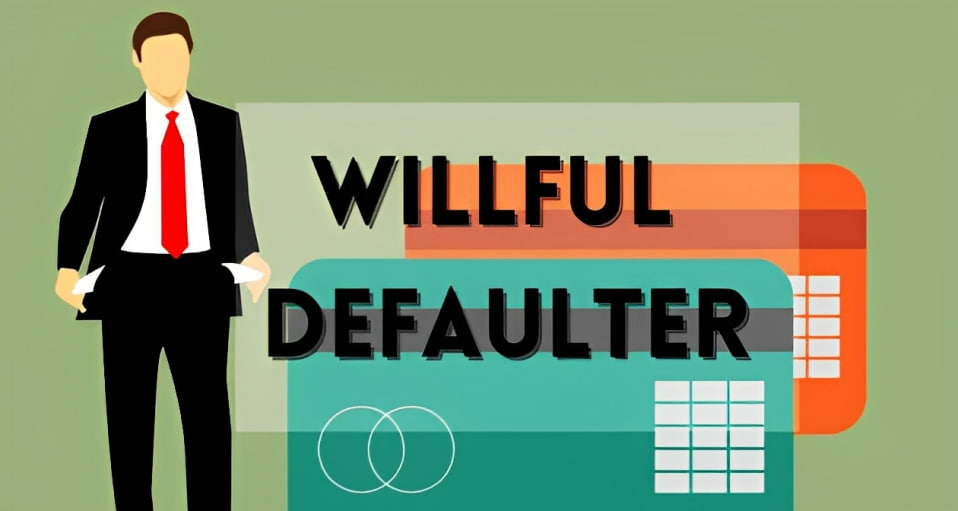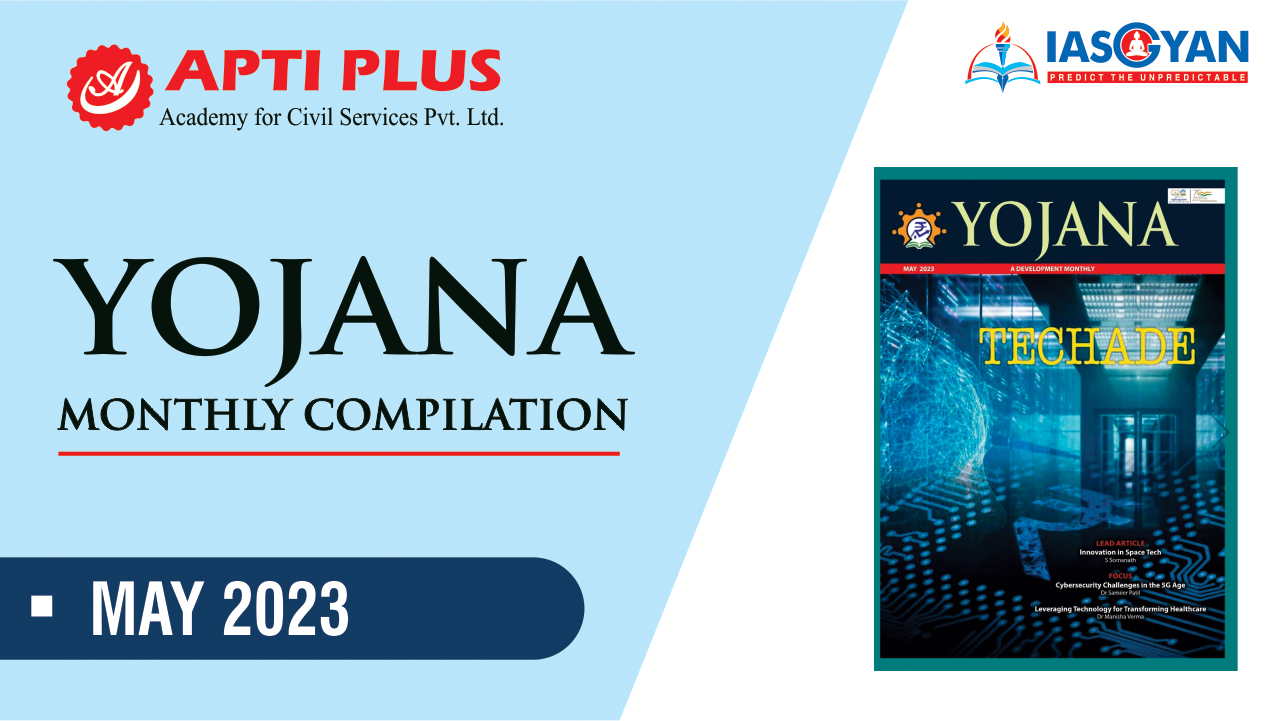Description

Copyright infringement not intended
Context: The Reserve Bank of India (RBI) has recently issued a circular that allows banks to settle loans under a compromise with willful defaulters and fraudsters. This means that banks can accept a partial payment from these borrowers and write off the remaining amount as a loss. The RBI claims that this move will help banks recover some of their dues and clean up their balance sheets.
Details
- RBI has recently issued a circular that allows banks to offer compromise settlements to willful defaulters, i.e., borrowers who can repay their loans but deliberately avoid doing so. This move has sparked a debate among experts and stakeholders on its merits and demerits.
- This move has been widely criticized by experts and activists, who argue that it will have negative consequences for the banking sector and the economy.
- They point out that by allowing willful defaulters and fraudsters to settle loans under the compromise, the RBI is effectively condoning their actions, placing the burden of their misdeeds on the shoulders of ordinary citizens.
Some of the possible impacts of this move are:
Erode the credibility and accountability of the banking sector
- It will erode the credibility and accountability of the banking sector. By letting willful defaulters and fraudsters off the hook, the RBI is sending a signal that there are no serious consequences for violating the law and ethics.
- This will undermine the trust and confidence of depositors, investors, and regulators in the banking sector.
Encourage more willful defaults and frauds
- It will encourage more willful defaults and frauds in the future. By offering an easy way out for willful defaulters and fraudsters, the RBI is creating a moral hazard and an incentive for them to repeat their offences.
- This will increase the risk and cost of lending for banks and ultimately affect their profitability and stability.
Hurt the public interest and social justice
- It will hurt the public interest and social justice. By allowing wilful defaulters and fraudsters to settle loans under the compromise, the RBI is shifting the losses from them to the public. The public will have to bear the brunt of higher taxes, lower interest rates, reduced credit availability, and lower economic growth.
- This move will also widen the gap between the rich and the poor, as wilful defaulters and fraudsters are often wealthy and influential individuals or corporations.

Willful defaulters
- Willful defaulters are those who have defaulted on their loans despite having adequate cash flows or assets to repay them. They may also have diverted the funds for purposes other than those specified in the loan agreement, sold or disposed of the assets without the bank’s consent, or falsified their accounts or documents.
- The RBI has prescribed various measures to deal with such borrowers, such as declaring them ineligible for further credit facilities, initiating criminal proceedings against them, and publishing their names and photographs in newspapers.
- However, these measures have not been very effective in recovering the dues from wilful defaulters. According to a report by TransUnion CIBIL, only 17% of the wilful default cases filed by banks between 2014 and 2019 resulted in recovery.
- The legal process involved in these cases is often lengthy and cumbersome, involving multiple forums such as debt recovery tribunals, high courts and the Supreme Court.
- Some wilful defaulters may have fled the country or declared bankruptcy, making it difficult for banks to trace them or attach their assets.
The RBI has permitted banks to offer compromise settlements to such borrowers, subject to certain conditions. These include:
- The compromise settlement should be based on the net present value (NPV) of the recoverable amount from the borrower, taking into account the likely recovery through legal means and the cost and time involved in the process.
- The compromise settlement should be approved by a committee of senior officials of the bank and should be in line with the bank’s board-approved policy on compromise settlements.
- The compromise settlement should be reported to the RBI and other regulatory authorities as per the prescribed norms.
- The compromise settlement should not affect the borrower’s status as a willful defaulter, and the bank should continue to pursue other legal actions against the borrower as per the existing guidelines.
- The compromise settlement should not be construed as a waiver of any rights or claims of the bank against the borrower or any third parties.
The RBI’s move has been welcomed by some experts and bankers as a pragmatic and realistic approach to resolving the NPA problem. They argue that:
- The compromise settlement will help banks recover some of their dues from wilful defaulters in a timely and cost-effective manner, rather than writing them off as losses or provisioning for them indefinitely.
- It will free up capital and liquidity for banks, which can be used for lending to productive sectors and supporting economic growth.
- It will also benefit willful defaulters who are willing to cooperate with banks and settle their dues amicably, rather than facing legal hassles and reputational damage.
- It will not dilute the accountability or deterrence effect of the existing measures against willful defaulters, as they will remain ineligible for further credit facilities and face criminal proceedings.
Some examples of compromise settlements that have been offered by banks to willful defaulters are:
- In 2019, the State Bank of India (SBI) settled its Rs 4100 crore loan exposure to Bhushan Steel Ltd., a steel company that was declared insolvent under the Insolvency and Bankruptcy Code (IBC), for Rs 931 crore under a one-time settlement scheme.
- In 2020, Punjab National Bank (PNB) settled its Rs 1200 crore loan exposure to Winsome Diamonds and Jewellery Ltd., a diamond exporter that was accused of fraud and money laundering by CBI and ED, for Rs 580 crore under a bilateral agreement.
- In 2021, the Bank of Baroda (BoB) settled its Rs 900 crore loan exposure to Reliance Communications Ltd. (RCom), a telecom company that was undergoing insolvency proceedings under the IBC, for Rs 550 crore under a resolution plan approved by the National Company Law Tribunal (NCLT).
The RBI’s move has also been criticized by some experts and activists as a lenient and unfair treatment of willful defaulters. They contend that:
- The compromise settlement will encourage moral hazard and adverse selection among borrowers, who may deliberately default on their loans in anticipation of getting a discount from banks later.
- It will undermine the rule of law and the principle of equality before the law, as it will create a distinction between honest and dishonest borrowers and reward the latter at the expense of the former.
- It will erode public trust and confidence in the banking system, as it will create a perception that banks are colluding with willful defaulters and letting them off lightly.
- It will also have fiscal implications, as it will reduce the tax revenue for the government and increase the burden on the public exchequer, which has to recapitalize the banks to cover their losses
The RBI’s circular on compromise settlement for willful defaulters is a bold and controversial move that has both pros and cons. It is too early to judge its impact on the banking sector and the economy, as it will depend on how banks implement it in practice and how borrowers respond to it.
Some possible suggestions to improve the policy are:
- The RBI should monitor and evaluate the performance of banks in offering compromise settlements to willful defaulters, and ensure that they follow the prescribed guidelines and criteria transparently and consistently.
- The RBI should review and revise the existing guidelines and measures against willful defaulters, and make them more stringent and effective, such as by imposing higher penalties, enhancing information sharing and coordination among banks and regulators, and expediting the legal process.
- The RBI should educate and sensitize the public about the rationale and objectives of the compromise settlement policy, and address any misconceptions or misgivings that may arise among various stakeholders.
- The RBI should complement the compromise settlement policy with other reforms and initiatives to prevent and resolve NPAs, such as by strengthening credit appraisal and monitoring systems, improving corporate governance and accountability, promoting alternative dispute resolution mechanisms, and facilitating asset reconstruction and resolution.

Conclusion
- The compromise settlement for willful defaulters is a novel and innovative policy that aims to balance the interests of banks, borrowers and the economy. It has the potential to enhance the efficiency and effectiveness of NPA recovery and resolution, but it also poses some risks and challenges that need to be carefully managed. The success of this policy will depend on how well it is designed, implemented and communicated by the RBI and the banks.
Must Read Articles:
Gross non-performing assets (GNPAs): https://www.iasgyan.in/daily-current-affairs/gross-non-performing-assets
Evergreening of loans: https://www.iasgyan.in/daily-current-affairs/evergreening-of-loans
|
PRACTICE QUESTION
Q. A compromise settlement is an agreement between a lender and a borrower who has defaulted on a loan, in which the borrower pays a reduced amount and the lender forgives the remaining debt. This option may be offered to wilful defaulters, who are borrowers who can repay but deliberately avoid doing so. What are the challenges and way forward of compromise settlement for wilful defaulters?
|
https://indianexpress.com/article/explained/explained-economics/compromise-settlement-wilful-defaulters-how-rbi-8664071/
















